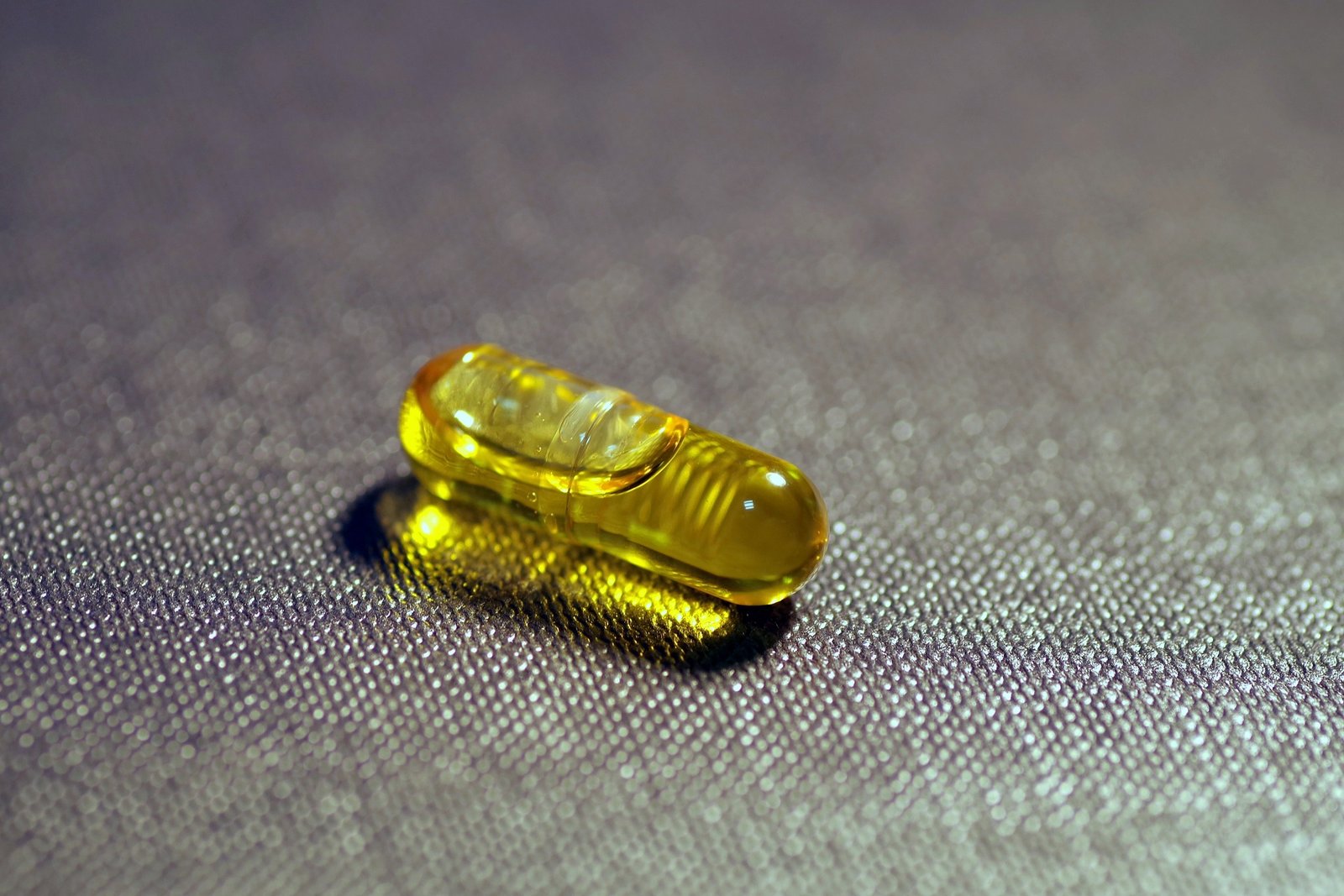Vitamin D, also known as the sunshine vitamin, has numerous health benefits for our body. This fat-soluble vitamin plays a crucial role in our immune system and performs various functions to keep us healthy. However, many of us, particularly as we age, do not get enough vitamin D, often due to inadequate sun exposure.

Vitamin D Deficiency and Osteoporosis:
A deficiency in vitamin D often leads to calcium deficiency since vitamin D is essential for calcium absorption. If calcium isn’t absorbed efficiently, it can result in osteoporosis. While certain foods like fatty fish (tuna, mackerel, and salmon), foods fortified with vitamin D (like dairy products, orange juice, soy milk, and cereals), cheeses, egg yolks, and beef liver contain vitamin D, it is often challenging to get sufficient vitamin D from diet alone. Therefore, supplementation is often recommended.
Recommended Dosage:
The minimum standard dose of vitamin D is 600 IUs, but in my opinion, this is far too low. Standard recommendations range from 1000 IUs to 5000 IUs. If your vitamin D levels are low, you can go up to 10,000 IUs, but always consult with your physician first.
Vitamin D and Digestion:
Vitamin D is best taken with a full meal, as it is a fat-soluble vitamin. This means it needs to be consumed with fats to be digested and absorbed effectively. Taking vitamin D on an empty stomach can lead to poor absorption.
Vitamin D and Sleep:
Vitamin D plays a crucial role in various bodily systems, including sleep regulation. However, studies show that taking vitamin D too close to bedtime can affect the production of melatonin, a hormone that controls the sleep cycle. Melatonin is produced by the pineal gland in the brain, with production peaking during the night and reducing during daylight hours. As melatonin decreases with age, taking vitamin D too late in the day could potentially disrupt your sleep cycle.
The best practice is to take vitamin D with your largest meal of the day, ensuring that the meal contains healthy fats for optimal absorption. Avoid taking it too late in the day to prevent any potential disruption to your sleep cycle. By following these guidelines, you can maximize the benefits of vitamin D and contribute to your overall health.
References:
Vitamin D deficiency and osteoporosis
